Eighty years ago, on August 6, 1945, the United States dropped an atomic bomb on Hiroshima. The impact was devastating: between 70,000 and 80,000 people died instantly.
More than 4.5 square miles of the city were destroyed, and then the fires raged, trapping and killing many who had survived the initial blast.
Just days later, on August 9, the Americans dropped a second atomic bomb on Nagasaki, killing 40,000 people instantly.
- The atomic bombings of Hiroshima and Nagasaki killed over 200,000 people by the start of 1946, with deaths still rising due to radiation effects.
- Less than 100,000 hibakusha survivors remain, urging the world to never repeat the nuclear devastation they experienced.
- Global nuclear tensions are rising as the U.S. moves submarines closer to Russia amid ongoing threats over Ukraine.
- Major powers now treat nuclear weapons as coercive and deterrent tools.
- Today, amid rising nuclear rhetoric, shifting alliances, and the automation of warfare, nuclear restraint appears more fragile than ever.
Eighty years ago this week, America dropped atomic bombs on Hiroshima and Nagasaki
Image credits: Buddhika Weerasinghe/Getty Images
Japan surrendered six days after that, officially ending World War II.
By the end of 1945, Hiroshima’s total death toll had reached approximately 140,000, due to radiation sickness, burns, and injuries.
In Nagasaki, estimates suggest that a total of 70,000 people had died by the start of 1946—a combined loss of over 200,000.
Still, the number of victims continues to rise decades later due to the significant impact of radiation.
A total of 344,306 deaths in Hiroshima and 198,785 in Nagasaki have been recognized by Japan as of August 2024.
Image credits: Hiromichi Matsuda/Handout from Nagasaki Atomic Bomb Museum/Getty Images
On Wednesday, at 8:15 am, a moment of silence was held at Hiroshima’s peace memorial park to mark the exact moment the world’s first atomic bomb was used.
More than 4,940 registered survivors have died in the past year. Their names and details were added to a registry inside the cenotaph.
The hibakusha, survivors of the atomic bombings, fear that time is running out to deliver their pressing warning: the devastation of nuclear weapons must never be repeated.
Many hibakusha still alive today were just children when the devastation was unleashed, with under 100,000 still living, at an average age of 86.
A combined total of some 200,000 people had died by the start of 1946
Image credits: Ann Ronan Picture Library/Heritage Images via Getty Images
Wednesday’s anniversary event, attended by around 55,000 people, including international organizations and 120 countries, is considered the last milestone event for many of them.
Nihon Hidankyo, a Japanese organization of A-bomb survivors that won the Nobel Peace Prize last year for its advocacy to abolish nuclear weapons, warned of a greater nuclear threat.
“We don’t have much time left, while we face greater nuclear threat than ever,” it said in a statement.
“Our biggest challenge now is to change nuclear weapons states that give us cold shoulders even just a little.”
Image credits: Bettmann
The fears of the hibakusha are not unfounded.
Last week, U.S. President Donald Trump strategically moved two nuclear submarines closer to Russia.
It followed threats made by former Russian president Dmitry Medvedev, who had said Trump’s push for Russia to agree to a ceasefire deal in Ukraine and the potential use of sanctions was “a step towards war.”
Moscow has repeatedly threatened to use nuclear weapons since its invasion of Ukraine in 2022.
In June, the U.S. joined Israel in a military operation against Iran, striking nuclear facilities in an attempt to wipe out the country’s ability to make a nuclear weapon.
The U.S. recently struck Iran’s nuclear facilities and moved submarines closer to Russia
Image credits: Satellite image (c) 2025 Maxar Technologies
Iran has since threatened to leave the Non-Proliferation Treaty (NPT), whose objective is to prevent the spread of nuclear weapons and weapons technology.
North Korea has been forging closer ties with Russia, sending troops to fight against Ukraine in the Kremlin’s war. It, too, continues to expand its nuclear arsenal.
Earlier this year, tensions between India and Pakistan reached a boiling point and resulted in a four-day war, with a ceasefire brokered by the U.S.
Both nations are armed with nuclear weapons.
Image credits: Chip Somodevilla/Getty Images
Public pressure following 1945 meant that many world leaders were more inclined to pursue disarmament and restraint, recognizing the catastrophic consequences of nuclear war.
The international community adopted the position of deterrence through the possession of nuclear weapons—mutually assured destruction.
But now, major powers seem more willing to test the boundaries of deterrence, treating nuclear weapons as tools of coercion rather than last-resort defense.
Even Japan has refused to re-sign a 2021 treaty banning nuclear weapons, citing security concerns over China’s nuclear stockpile and its reliance on the U.S. nuclear umbrella.
Image credits: Contributor/Getty Images
Other nations such as South Korea, Saudi Arabia, and Poland have publicly discussed hosting or acquiring nuclear weapons capabilities due to a need for enhanced deterrence.
There are also concerns about how artificial intelligence is being integrated into military decision-making and how this could impact nuclear strategy.
Some military strategists and policymakers have even floated the idea of using tactical nuclear weapons on the battlefield to further military goals without an all-out nuclear war.
According to international think tank Chatham House, the terms used to describe these tactical strikes are misleading.
“Many ‘tactical’ nuclear weapons are far more powerful than the bombs used in Japan,” it said.
“Their use would still result in mass civilian casualties, long-term radiation damage, and likely strategic escalation.”
On Wednesday, Japanese Prime Minister Shigeru Ishiba spoke of the catastrophic impact of nuclear weapons, describing how a mushroom cloud appeared and a city was reduced to ashes.
Ishiba said there must be efforts to pursue a world without nuclear weapons
Image credits: David Mareuil/Anadolu via Getty Images
He said the challenging security environment the world now faces is exactly why there must be an end to nuclear weapons.
“The tragedies that ravaged Hiroshima and Nagasaki must never be repeated,” he said.
“While continuing to firmly uphold the ‘Three Non-Nuclear Principles,’ Japan will lead the efforts of the international community to bring about ‘a world without nuclear weapons.’
“This is Japan’s mission as the only country to have experienced the horror of nuclear devastation in war.”
“The widening of the division within the international community over approaches to nuclear disarmament has made the current security environment even more challenging. But that is exactly why we must make all-out efforts to bring about a world without nuclear war and a world without nuclear weapons,” he added.
Image credits: Bettmann
This goal is easier said than done, and while the horrors of Hiroshima and Nagasaki continue to haunt many, others in power do not appear as fazed.
Kazuko Hikawa, Vice Director of the Research Center for Nuclear Weapons Abolition at Nagasaki University, said a security paradox had created a belief that nuclear weapons deter war, but they increase the risk of conflict.
“Countries chase nuclear weapons thinking it will stop others from attacking them with nuclear weapons,” she told ABC News.
“Nuclear deterrence may prevent nuclear war, but it actually increases the risk of conflict involving conventional weapons, as seen in Ukraine and Palestine.
“These are not nuclear wars, but they happen under the shadow of nuclear power.”
Image credits: Universal History Archive/Universal Images Group via Getty Images
Today, amid rising nuclear rhetoric, shifting alliances, and the automation of warfare, nuclear restraint appears more fragile than ever.
Whether the horrors of Hiroshima can truly prevent a third world war depends not on memory alone, but on the choices made now.
UN High Representative for Disarmament Affairs Izumi Nakamitsu urged the world to remember the past and protect the future.
“Trust is eroding. Geopolitical divisions are widening. And the very weapons that brought such devastation to Hiroshima and Nagasaki are once again being treated as tools of coercion,” she said.
“Let’s work to eradicate the threat of nuclear weapons by eradicating the weapons themselves,” Nakamitsu added.
“And let’s keep our pledge to the hibakusha, and ensure that their testimony and message of peace is carried forward. Remembering the past is about protecting and building peace today—and in the future.”
Since we have idiots, narcissists and crazies controlling the big red buttons right now it feels like we might actually have a nuclear exchange. As long as leaders have their own survival, their families survival and people's surviving on their mind there is a barrier to using doomsday weapons. But the 2 biggest players both seem to only think of themselves, don't really care about their families or friends and only their own selfish goals. It's really worrying.
Since we have idiots, narcissists and crazies controlling the big red buttons right now it feels like we might actually have a nuclear exchange. As long as leaders have their own survival, their families survival and people's surviving on their mind there is a barrier to using doomsday weapons. But the 2 biggest players both seem to only think of themselves, don't really care about their families or friends and only their own selfish goals. It's really worrying.


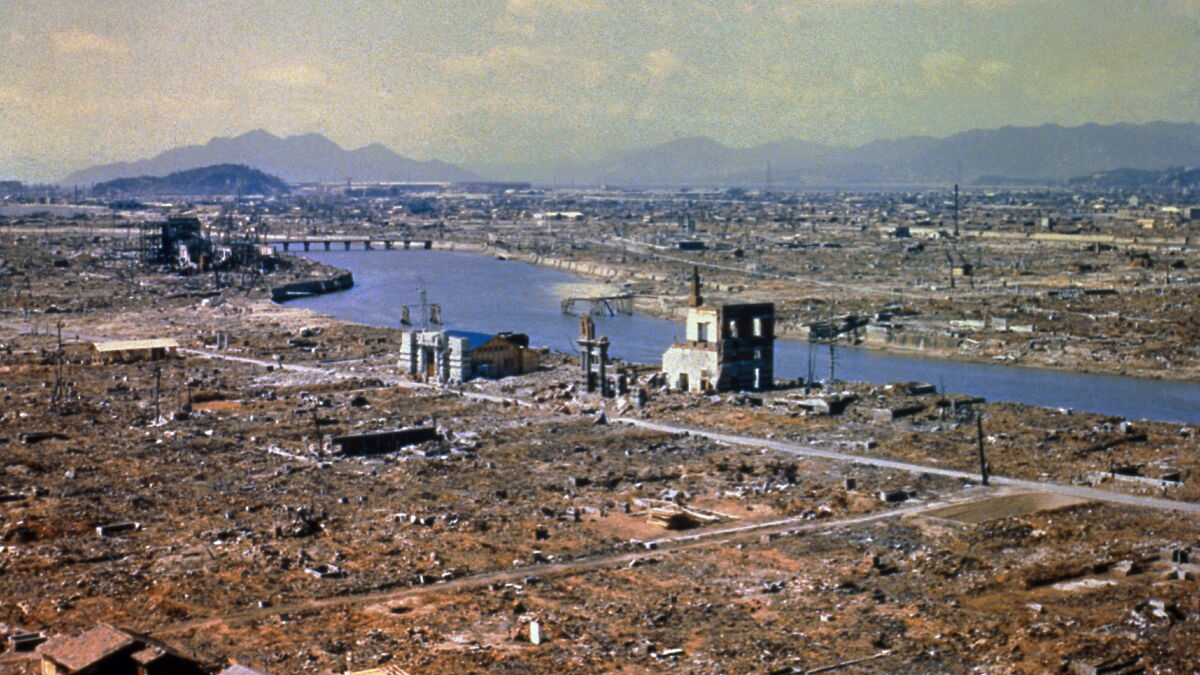
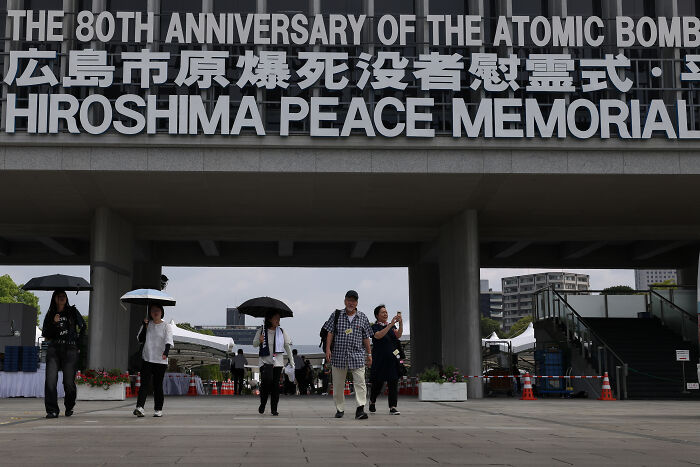
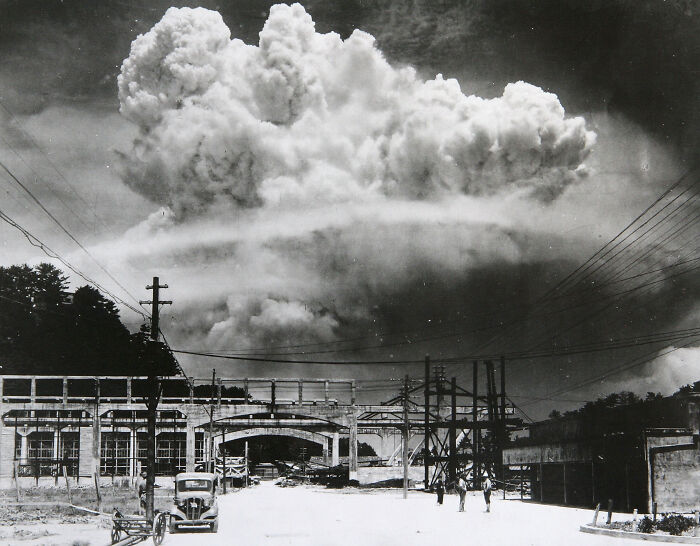
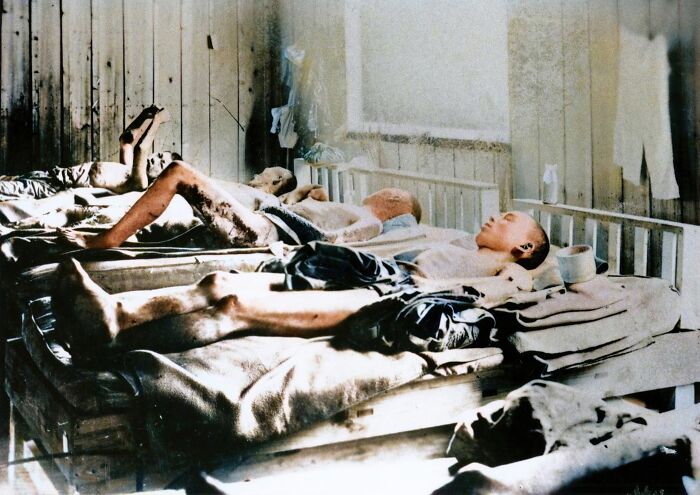
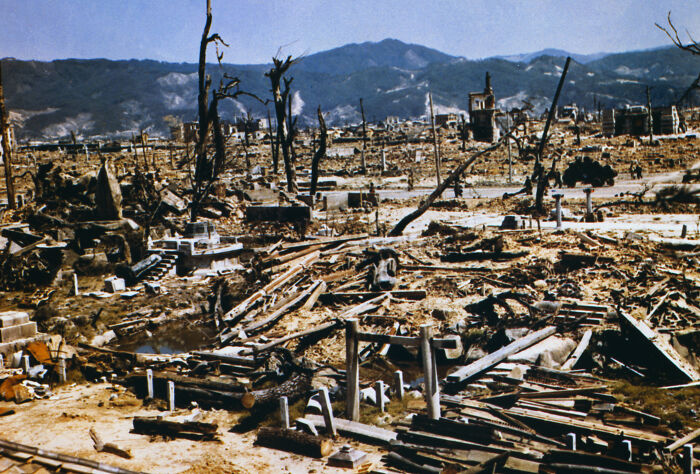
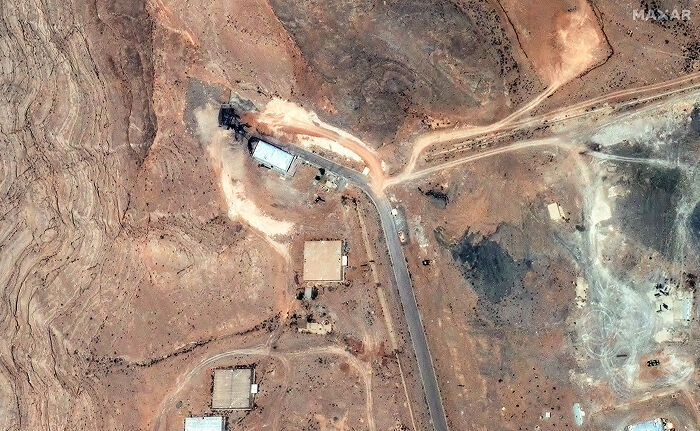
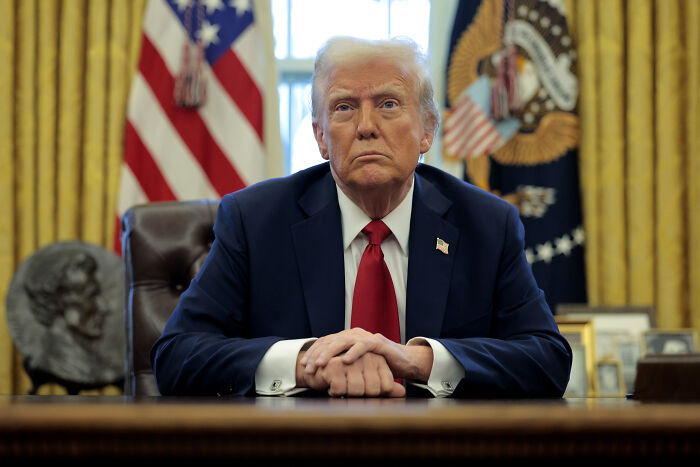
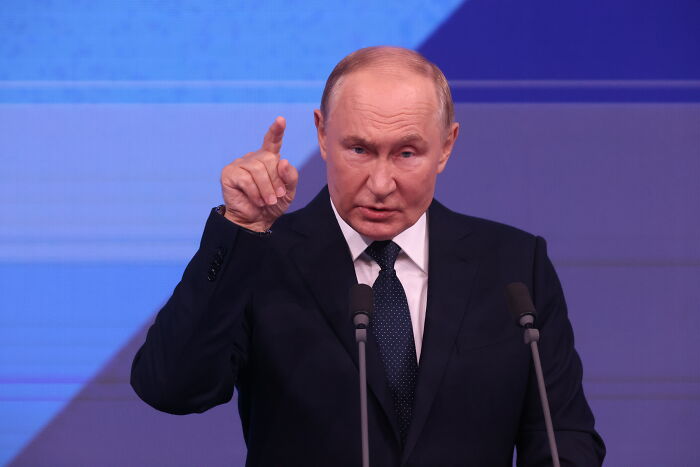
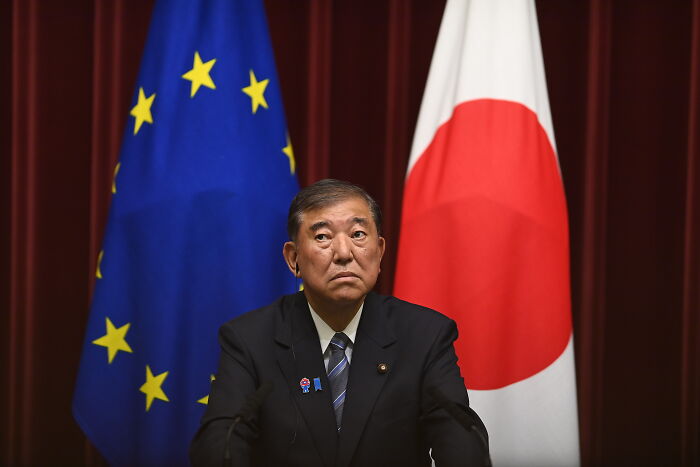
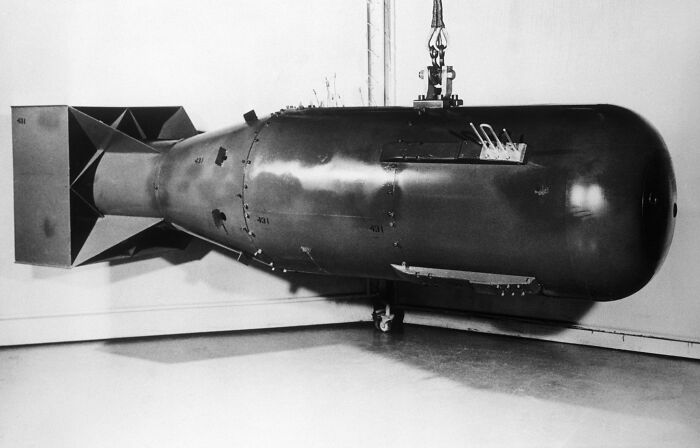
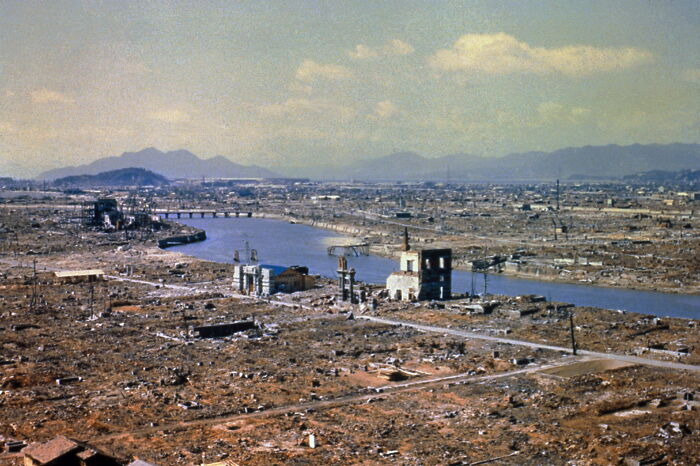



18
1